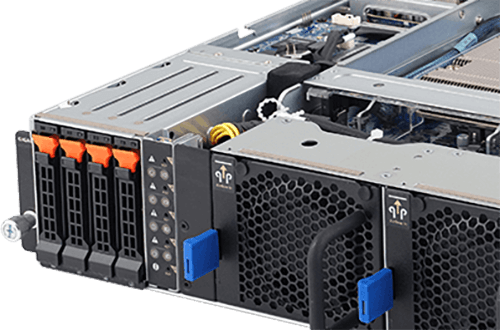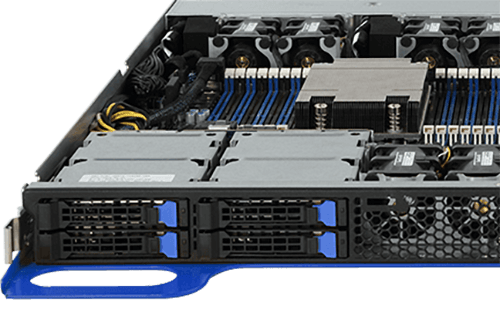GV-RX70256D
- Powered by ATI RadeonTM X700 VPU
- Supports PCI Express and 8 pipelines
- Microsoft DirectX 9.0 and OpenGL 1.5 support
- Integrated with 256MB DDR memory and 128-bit memory interface
- Features DVI-I / D-sub / TV-OUT
- Supports HDTV function and HDTV cable enclosed
- Unique Silent-Pipe design
-
Introduction
 GIGABYTE introduced the GV-RX165T256D-RH that features the latest 90 nanometer Radeon™ X1650XT visual processors. In addition to the dual guarantee of performance and cooling, GIGABYTE GV-RX165T256D-RH fully supports Microsoft® Direct®X 9.0 Shader Model 3.0 and integrates with Radeon™ X1650XT GPU and the high-performance 256 MB GDDR3 video memory to ensure high performance PC gaming and digital media playback.
GIGABYTE introduced the GV-RX165T256D-RH that features the latest 90 nanometer Radeon™ X1650XT visual processors. In addition to the dual guarantee of performance and cooling, GIGABYTE GV-RX165T256D-RH fully supports Microsoft® Direct®X 9.0 Shader Model 3.0 and integrates with Radeon™ X1650XT GPU and the high-performance 256 MB GDDR3 video memory to ensure high performance PC gaming and digital media playback. -
GIGABYTE V-tuner2
 Real time monitoring the temperature, coolling fan speed and coltage of the graphics card, and dynamically control the working frequency and fan speed to let your graphics card always run at the best condition. GIGABYTE V-tuner2 provides a user-friendly and simple interface for overclocking, and allows users to dynamically adjust core and memory clocks.
Real time monitoring the temperature, coolling fan speed and coltage of the graphics card, and dynamically control the working frequency and fan speed to let your graphics card always run at the best condition. GIGABYTE V-tuner2 provides a user-friendly and simple interface for overclocking, and allows users to dynamically adjust core and memory clocks. -
Widescreen resolution support
Resolution Colors (bits) Refresh Rate (Hz) 16:10 1920 x 1200 8/16/32 75 16:9 1920 x 1080 8/16/32 85
*Resolutions are limited by the performance of the attached monitor. 16:9 / 16:10 aspect ratio monitors are only supported on Windows® XP. The complete list of resolutions depends on the driver version and operating system.

* คำว่ำ HDMI, HDMI High-Definition Multimedia Interface, HDMI Trade dress และโลโก้ HDMI เป็ นเคร ื่องหมำยกำรค้ำหรือเครื่องหมำยกำรค้ำจดทะเบียนของ HDMI Licensing Administrator, Inc.
* ข้อมูลเบื้องต้นมีไว้สำหรับอ้างอิงเท่านั้น GIGABYTE ขอสงวนสิทธิ์ในการปรับเปลี่ยนหรือแก้ไขเนื้อหาได้ตลอดเวลาโดยไม่ต้องแจ้งให้ทราบล่วงหน้า
* ประสิทธิภาพสูงสุดที่ใช้ในการประชาสัมพันธ์เป็นเพียงข้อมูลตามทฤษฎีจากผู้ผลิตชิปเซ็ตที่เกี่ยวข้อง หรือองค์กรที่กำหนดคุณสมบัติอินเตอร์เฟส ประสิทธิภาพที่แท้จริงอาจแตกต่างกันโดยการตั้งค่าของระบบที่ไม่เหมือนกัน
* เครื่องหมายการค้าและโลโก้คุณสมบัติต่างๆ เป็นของผู้ถือสิทธิ์นั้นๆ
* เนื่องจากความต้องการหน่วยความจำมาตรฐานของสถาปัตยกรรมคอมพิวเตอร์ต่อหน่วยที่ไม่เหมือนกัน ดังนั้นขนาดหน่วยความจำที่จำเป็นอาจน้อยกว่าจำนวนที่ระบุไว้ก็ได้



















